Port Moresby, MINA – First established, in early 1999, the people of Papua New Guinea, especially those living in Port Moresby, the capital of the country, protested strongly. Not only that, community leaders and politicians are also polemicizing each other in the mass media.
Not to mention, a lot of terror has been addressed to the mosque where the mosque is taken from the name of the district where the mosque is located, Halola. The only mosque in PNG has also experienced arson attempts. Infiltrators entered the mosque after destroying the iron fence and burning several parts of the mosque.
However, this action was successfully thwarted and the fire that was not yet spreading immediately put out. Thus quoted from Ihram on Wednesday, September 30.
Hatred against Islam was sparked, among other things, by the comments of the then PNG Minister of Home Affairs, Andrew Kumbakor. As The Post-Courier wrote, he did not agree with Islam being introduced to Papua New Guinea.
Also Read: Pakistan Condemns Israeli Settler Attacks in West Bank, Al-Aqsa Storming
“Reflecting on Indonesia and the Philippines, there is no point in being introduced to this religion,” he said.
According to him, Papua New Guinea will be “safe” from various crises if it is selective in adopting a religion.
According to him, the PNG constitution does guarantee freedom of religion, but the entry of new religious organizations with different beliefs and actions must be “the concern of all circles”.
“We don’t want Muslims to enter PNG, because we already have Melanesian and Christian religions,” he said.
Also Read: China Criticizes US-Drafted UN Gaza Resolution as Vague, Abstains from Vote
So, plans to amend several laws to control the growth of non-Christian religions were rolled out. The one tasked with preparing the draft law at that time was the Minister of Home Affairs, Andrew Kumbakor. With the new law, the activities of religions outside of Christianity in society can only proceed after receiving a ‘stamp’ from the government.
Kumbakor openly stated that the amendment of the law was related to the construction of the Halola Mosque in Port Moresby. And, anger was also addressed to this mosque.
A few people hate Islam, but many people support it. Several moderate Christian and Catholic religious organizations have written down their support and are active in holding interfaith dialogue. And, six years after its founding, the Halola Mosque is still standing strong.
It is in this place that only a handful of PNG Muslims – mostly Muslim expatriates – perform the Friday prayers. Several Islamic studies are also held here.
Also Read: Former Bangladesh PM Sheikh Hasina Sentenced to Death
The building also grew magnificent. Two towers are visible from the hills of Halola. The floor is made of fine ceramic covered with a maroon carpet. At a certain distance there is a blue line, as a marker of shaf The space for male and female congregation is separated by a partition.
And, there has been a change in PNG society in viewing Islam compared to the 1990s. They are more open, precisely when the West takes a position of cornering Islam with the issue of terrorism.
Several times, the issues were raised in local media. For example, when the Governor of Morobe Province, Luther Wenge, asked PNG citizens to be aware of Islamic organizations after the Bali bombing tragedy in Indonesia. However, the media was quite balanced by interviewing the Muslim leader of PNG, Jacoud Amaki.
“It is far from possible that png/">Muslim PNG will become radicalized. We love peace and we are a minority here. Once a foreigner comes and influences us, we will easily expel him,” he said.
Also Read: Pakistan Declares State of War After Car Bomb Incident
Amaki is a “newcomer” to the Muslim community. Previously, the indigenous people of PNG were adherents of local religions who embraced animism. With him, there are about 1,000 converts from indigenous tribes in PNG.
In fact, one of the board members of the Islamic Society of Papua New Guinea (ISPNG), Michael Korah, has not been a Muslim for two years. He is from Chimbu Province. His daily job before becoming a Muslim was as a religion teacher at a Catholic school.
His interest started when there was a long polemic about the construction of the Halola Mosque. He looked for lots of books about Islam – something that is not easy to find in PNG. (T/RE1)
Mi’raj News Agency (MINA)
Also Read: Jakarta Hosts Gala Dinner for World Peace Forum Delegates






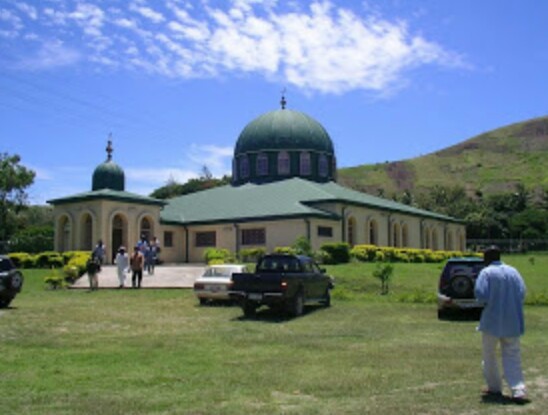


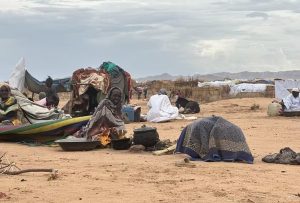
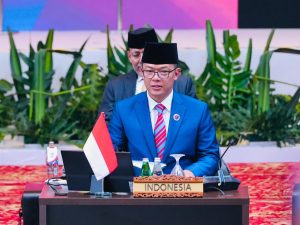


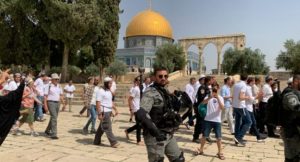
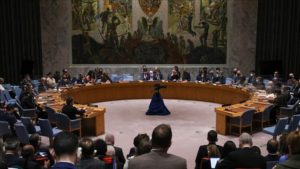
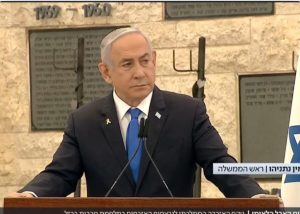
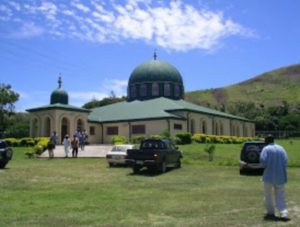
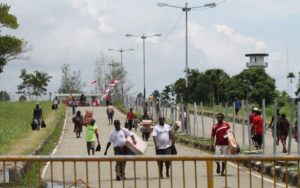
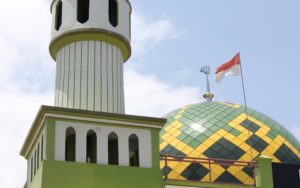
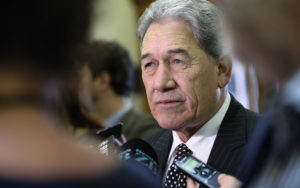

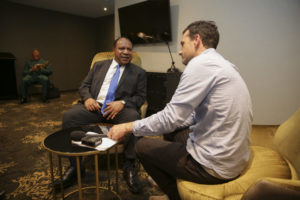











 Mina Indonesia
Mina Indonesia Mina Arabic
Mina Arabic